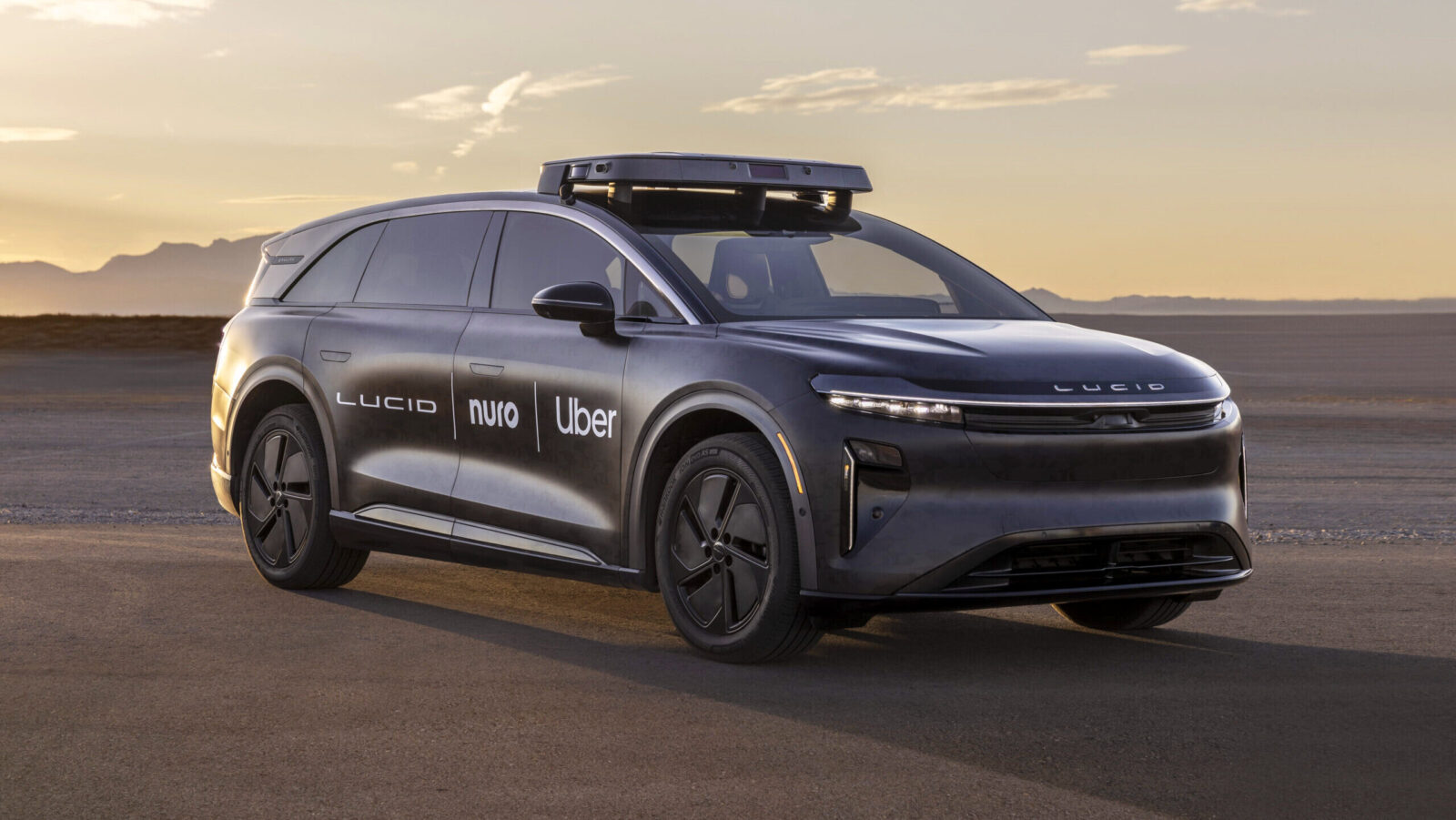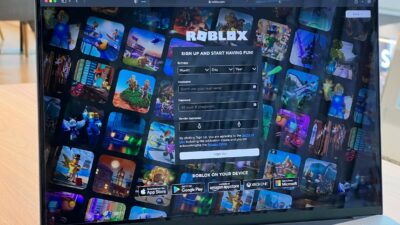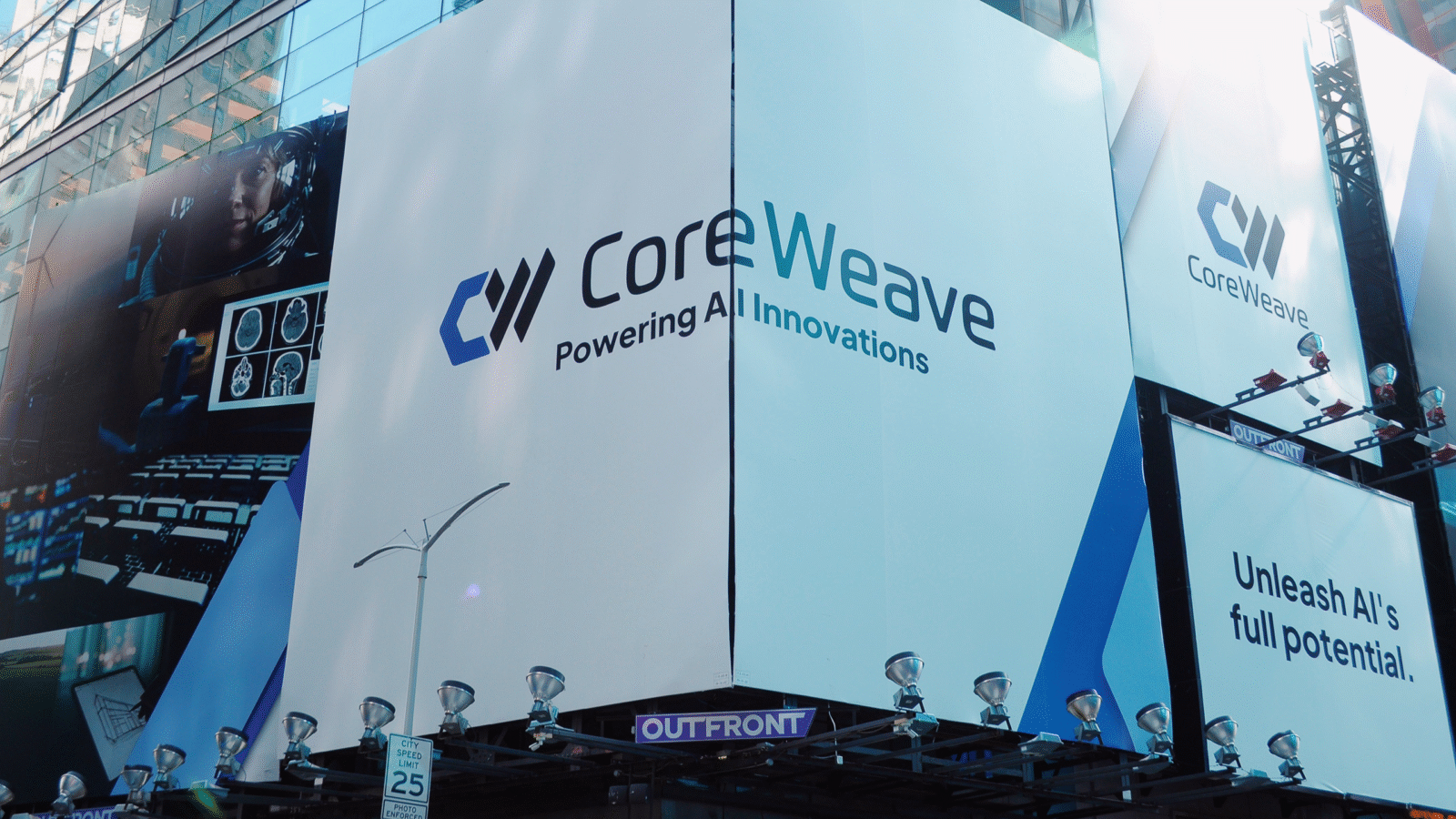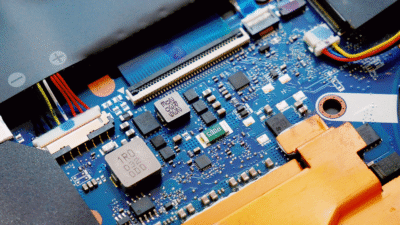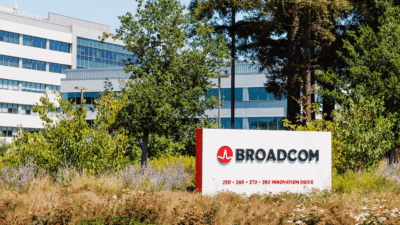Meta Begins Testing its Made In-House AI Chips
Unlike the other six companies in the so-called Magnificent Seven, Meta’s share price is actually up so far in 2025.
Sign up for smart news, insights, and analysis on the biggest financial stories of the day.
The so-called Magnificent Seven has given way to a new Resilient One: Meta.
Unlike the other six companies in its mega-cap cohort, Meta’s share price is actually up so far in 2025. And on Tuesday, founder and CEO Mark Zuckerberg’s empire gave investors another reason for optimism. According to a Reuters report, the social media giant has begun testing its made-in-house AI training chip. The milestone could spell more trouble for the suddenly beleaguered Nvidia.
Made in Meta-Land
For roughly the past two years, Meta has been hyper-focused on building and implementing AI models to supercharge its user engagement-targeted advertising machine. And it has worked: In 2024, Meta saw its net income jump an astounding 59%, to $62 billion.
Still, the AI makeover has been costly. Capital expenditures jumped from around $28 billion in 2023 to $38 billion in 2024 and the company expects another major jump to around $65 billion this year, much of which will be spent on further investing in AI.
Its next mission is to reduce its reliance on key suppliers like Nvidia in hopes of bringing down long-term costs. Tuesday’s development marks a major first step:
- According to sources who spoke with Reuters, Meta is testing a so-called dedicated accelerator training chip, which is used for the compute-intensive practice of dumping gobloads of data into AI systems to teach them how to perform. The company aims to use its own chips for training by 2026.
- Meta hopes to improve its recommendations systems with the new chip, sources told Reuters, as well as implement it into its suite of generative AI tools and chatbots. Meta is working with TSMC on production.
Take Two: That’s all potentially bad news for Nvidia. Last year, the company said around 50% of its revenue comes from four unnamed customers — one of which is very likely Meta, which has placed billions of dollars of orders to amass a stockpile of Nvidia’s GPUs. This year, the company has been dinged by both the DeepSeek moment, which suggested that AI systems could be far more compute-efficient than expected, and a broader market rout amid economic uncertainty; its stock is down around 20% year-to-date, compared with Meta’s nearly 1% gain year-to-date. The potentially good news for Nvidia? Meta’s tested proprietary chips before — only to fail key assessments and scrap development on some chips altogether. Let’s see how the next round goes.

